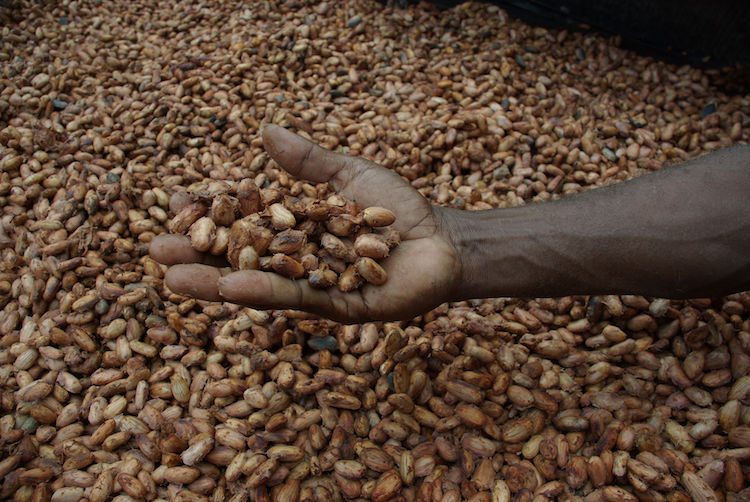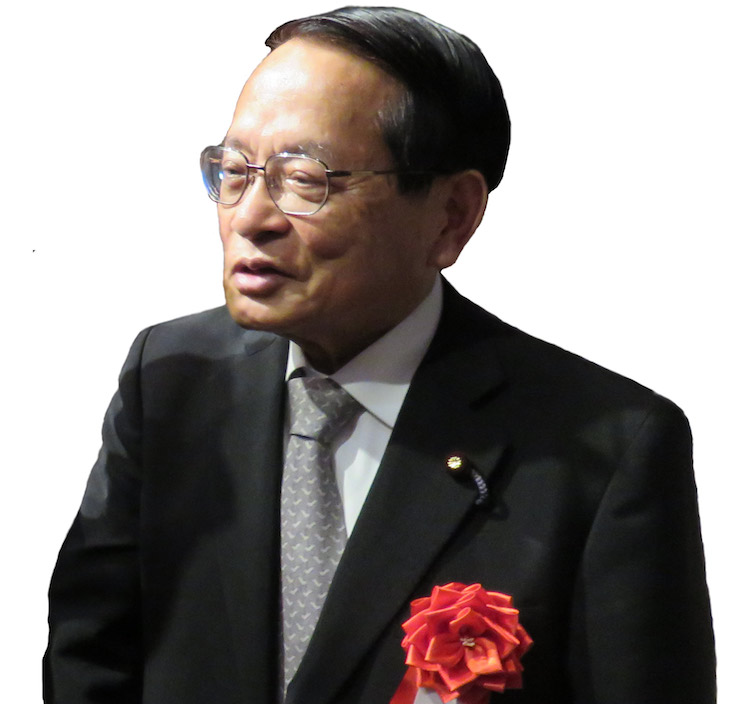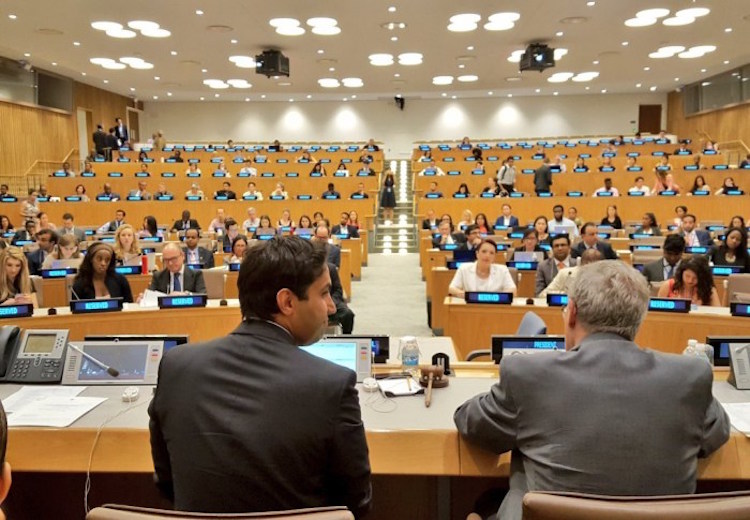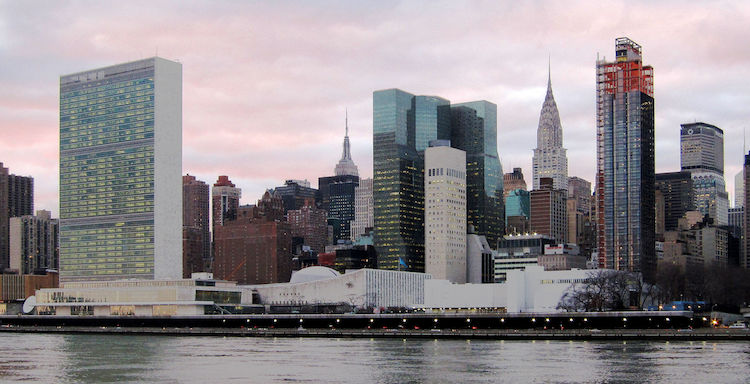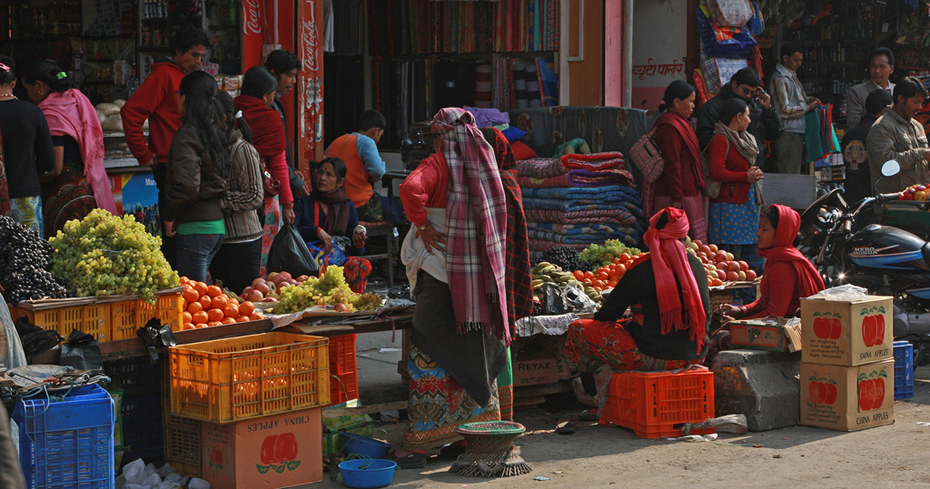Viewpoint by Jonathan Power
LUND, Sweden (IDN-INPS) – Europe is under attack from both ends. In the west Brexit, the referendum to take Britain out of the European Union (EU). In the east Turkey, which is not formally a member because of the veto made by the conservative last president of France, Nicolas Sarkozy.
Both have led to dreadful consequences. Britain because the EU was made for Britain, although the hard work was done by France and Germany. It is meant to bring together the countries of Europe who were antagonists in two world wars by means of an economic union in order to bind Europe together so its countries would never fight another European war. Britain leaving shatters that profound political pact.



